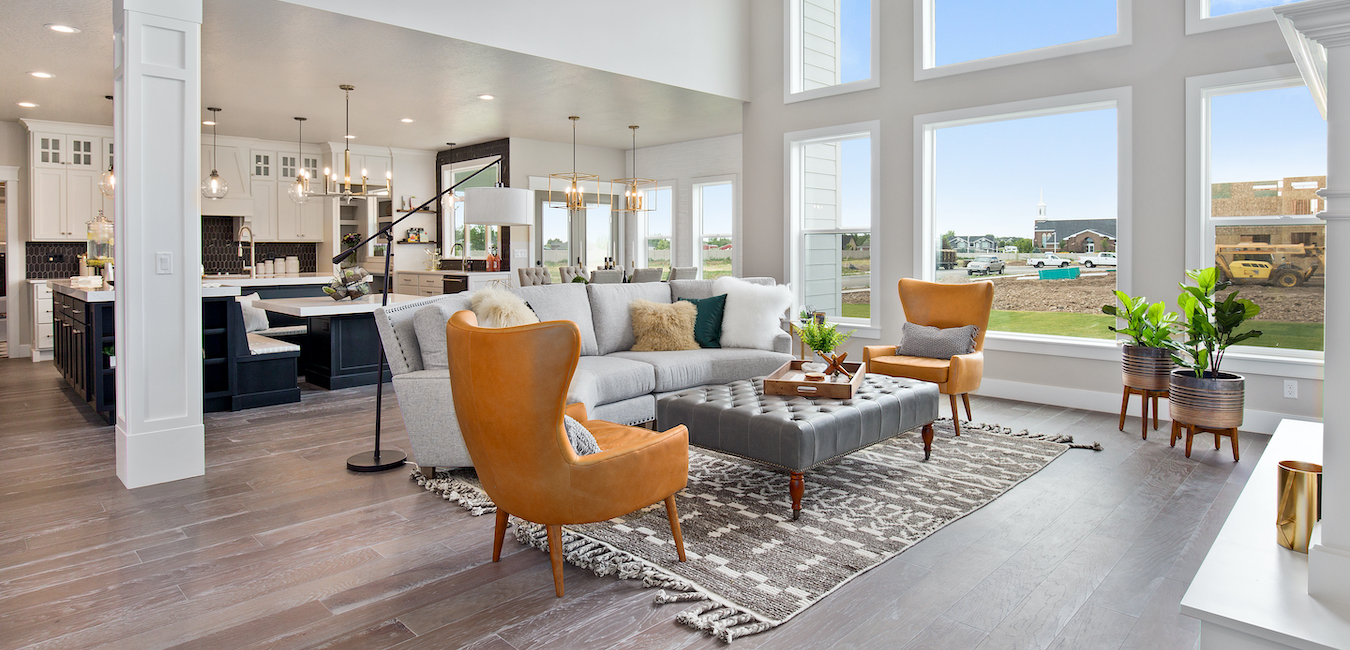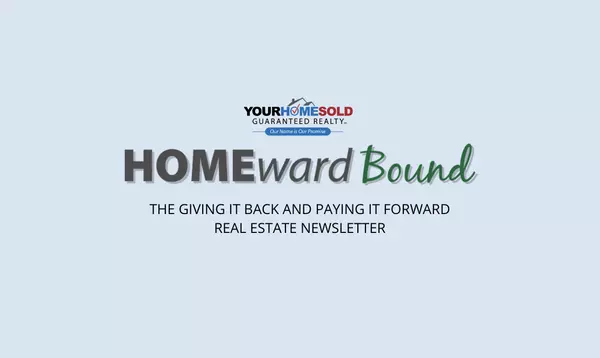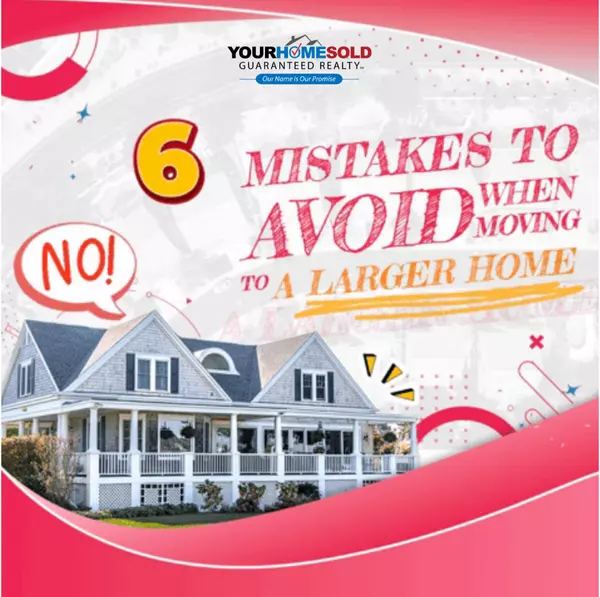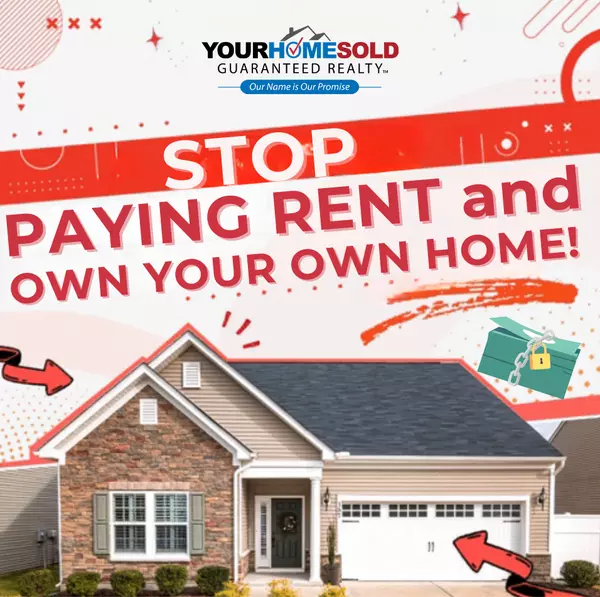
Stop Paying Rent
How To STOP PAYING RENT And Own Your Own Home Don’t Pay Another Cent in Rent to Your Landlord... It’s a dream we all have—to own our own home and stop paying rent. But if you’re like most renters, you feel trapped within the walls of a house or apartment that doesn’t feel like yours. How could it

Getting YOUR Price
Homesellers How to Get the Price You Want (and Need) When you decide to sell your home, setting your asking price is one of the most important decisions you will ever make. Depending on how a buyer finds your home, price is often the first thing he or she sees, and many homes are discarded by pros
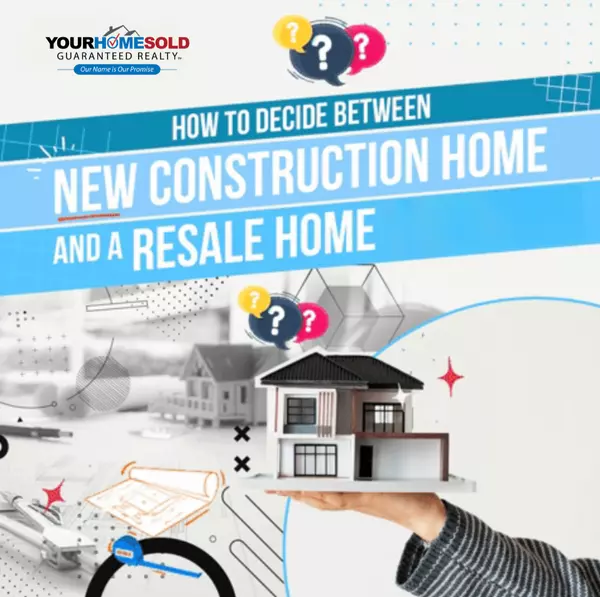
New Homes vs. Resale
NEW HOMES: 10 Tips To Save You Time and Money The Homebuyers’ Guide to NEW HOMES Read This BEFORE You Visit Your First Model Home! When shopping for your home, you’ll discover that most homes on the market are resales. Yet, one out of four homebuyers purchases a new home. Both new homes and re
Categories
Leave a reply


